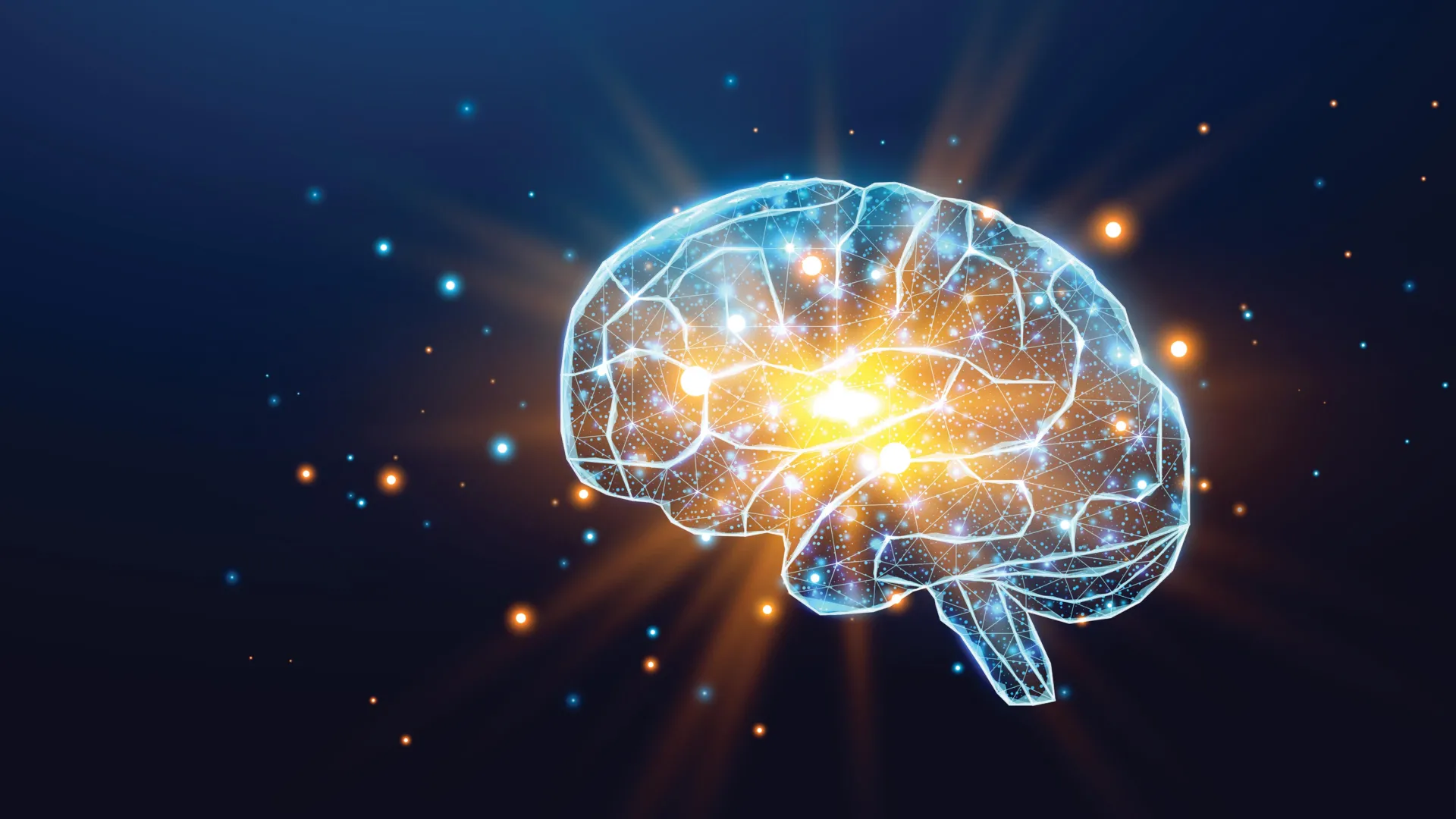Scientists may have found how to reverse memory loss in aging brains
- Date:
- November 5, 2025
- Source:
- Virginia Tech
- Summary:
- Virginia Tech researchers have shown that memory loss in aging may be reversible. Using CRISPR tools, they corrected molecular disruptions in the hippocampus and amygdala, restoring memory in older rats. Another experiment revived a silenced memory gene, IGF2, through targeted DNA methylation editing. These findings highlight that aging brains can regain function through precise molecular intervention.
- Share:

Memory problems may not be an unavoidable part of getting older. New findings from Virginia Tech reveal that age-related memory loss stems from specific molecular changes in the brain, and that fine-tuning these processes can help restore memory function.
In two complementary studies, Timothy Jarome, an associate professor in the College of Agriculture and Life Sciences' School of Animal Sciences, and his graduate students used advanced gene-editing tools to target these molecular changes and improve memory performance in older rats. Rats are commonly used as models for understanding how memory declines with age.
"Memory loss affects more than a third of people over 70, and it's a major risk factor for Alzheimer's disease," said Jarome, who also serves in the School of Neuroscience. "This work shows that memory decline is linked to specific molecular changes that can be targeted and studied. If we can understand what's driving it at the molecular level, we can start to understand what goes wrong in dementia and eventually use that knowledge to guide new approaches to treatment."
Adjusting Memory Pathways in the Hippocampus and Amygdala
In the first study, published in Neuroscience and led by Jarome and doctoral student Yeeun Bae, the researchers investigated a molecular process called K63 polyubiquitination. This process acts like a tagging system that directs proteins inside brain cells on how to behave. When it functions properly, it helps neurons communicate effectively and form memories.
The researchers discovered that aging alters this process in two important brain regions. In the hippocampus, which is responsible for forming and retrieving memories, K63 polyubiquitination levels rise with age. Using a gene-editing system called CRISPR-dCas13, the team lowered those levels and observed improved memory in older rats.
In contrast, in the amygdala -- a region crucial for emotional memory -- K63 polyubiquitination decreases with age. When the researchers further reduced this activity, memory performance also improved.
"Together, these findings reveal the important functions of K63 polyubiquitination in the brain's aging process," Jarome explained. "In both regions, adjusting this one molecular process helped improve memory."
Reactivating a Dormant Gene to Improve Memory
The second study, published in the Brain Research Bulletin and led by Jarome and doctoral student Shannon Kincaid, focused on IGF2, a growth-factor gene known to support memory formation. As the brain gets older, IGF2 activity declines as the gene becomes chemically silenced within the hippocampus.
"IGF2 is one of a small number of genes in our DNA that's imprinted, which means it's expressed from only one parental copy," Jarome said. "When that single copy starts to shut down with age, you lose its benefit."
The team found that this silencing occurs through DNA methylation, a natural process that adds chemical tags to DNA, turning the gene off. Using the CRISPR-dCas9 gene-editing system, they removed these tags and successfully reactivated IGF2. Older rats showed significant memory improvement once the gene was turned back on.
"We essentially turned the gene back on," Jarome said. "When we did that, the older animals performed much better. Middle-aged animals that didn't yet have memory problems weren't affected, which tells us timing matters. You have to intervene when things start to go wrong."
Multiple Molecular Systems Influence Brain Aging
Together, these studies reveal that memory loss during aging doesn't result from a single cause. Instead, it involves several molecular systems that change over time.
"We tend to look at one molecule at a time, but the reality is that many things are happening at once," Jarome said. "If we want to understand why memory declines with age or why we develop Alzheimer's disease, we have to look at the broader picture."
Collaborative Research Led by Graduate Scientists
Both projects were driven by graduate researchers in Jarome's lab and carried out with collaborators at Rosalind Franklin University, Indiana University, and Penn State. Yeeun Bae led the K63 polyubiquitination study, while Shannon Kincaid led the IGF2 project.
"These projects represent the kind of graduate-led, collaborative research that defines our work," Jarome said. "Our students are deeply involved in designing experiments, analyzing data, and helping shape the scientific questions we pursue."
The research was funded by the National Institutes of Health and the American Federation for Aging Research.
"Everyone has some memory decline as they get older," Jarome added. "But when it becomes abnormal, the risk for Alzheimer's disease rises. What we're learning is that some of those changes happening at a molecular level can be corrected -- and that gives us a path forward to potential treatments."
Story Source:
Materials provided by Virginia Tech. Note: Content may be edited for style and length.
Journal References:
- Yeeun Bae, Harshini Venkat, Natalie Preveza, W.Keith Ray, Richard F. Helm, Timothy J. Jarome. Age-related dysregulation of proteasome-independent K63 polyubiquitination in the hippocampus and amygdala. Neuroscience, 2025; 580: 18 DOI: 10.1016/j.neuroscience.2025.06.032
- Shannon Kincaid, Courtney P. Stickling, Kayla Farrell, Yeeun Bae, Morgan B. Patrick, Gitali Bhanot, Adam Cummings, Jennifer Abraham, Abby Alisesky, Nicole Ferrara, J. Amiel Rosenkranz, Timothy J. Jarome. Increased DNA methylation of Igf2 in the male hippocampus regulates age-related deficits in synaptic plasticity and memory. Brain Research Bulletin, 2025; 230: 111509 DOI: 10.1016/j.brainresbull.2025.111509
Cite This Page: